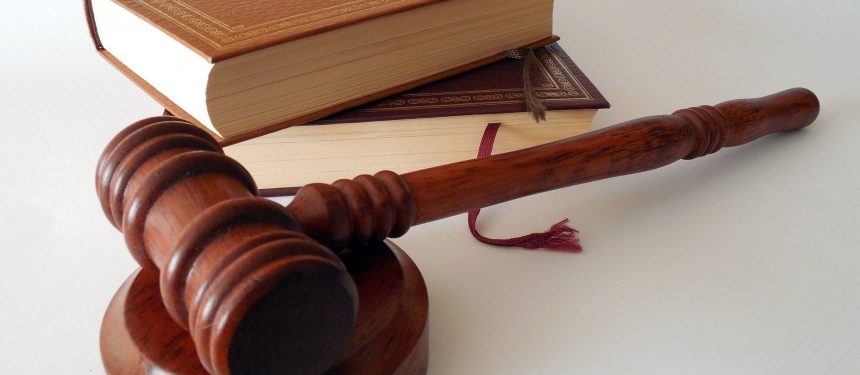Educators in the US have welcomed a ruling by a federal court judge that permanently blocks a United States Citizenship and Immigration Services policy which put international students at risk of three and 10-year re-entry bans for incurring a visa status violation.
News and business analysis for Professionals in International Education
Have some pie!
US HEIs welcome ruling over int’l student “unlawful presence” policy
 A US judge has ruled in favour of a legal challenge brought by HEIs against an immigration policy change. Photo: Succo/Pixabay
A US judge has ruled in favour of a legal challenge brought by HEIs against an immigration policy change. Photo: Succo/Pixabay Concerns were raised upon the introduction of the 2018 policy memo that it put international students at risk of being deported or barred due to clerical errors or delays in visa processing because it allowed the backdating of “unlawful presence” from the moment the violation occurred.
“It was a complex and unnecessary policy change that was deeply concerning”
Previously, unlawful presence was calculated from the day after a student was informed that USCIS had formally found a violation, and students were able to make corrections and request adjustments without risking accruing more unlawful presence.
Once an individual accrues 180 days of unlawful presence they can be barred from the US for three years, and a 10-year ban is levied after more than one year of unlawful presence.
The government said the changes were introduced due to “significant progress in its ability to identify and calculate the number of nonimmigrants who have failed to maintain status” through mechanisms such as the Student and Exchange Visitor Information System.
But Heather Stewart, counsel and director of immigration policy for NAFSA, told The PIE News that “it was a complex and unnecessary policy change that was deeply concerning”, and would have resulted in students being penalised without even realising they were violating their immigration status.
“This was an attempt to change a long-standing policy applied to international students when they were notified of an alleged violation of their immigration status,” Stewart added.
Upon the announcement that US District Court judge Loretta Biggs had ruled that the language of the policy conflicted with the law, education organisations and institutes across the country responded positively.
“International students and scholars came to the United States to study relying on a promise that our nation made to treat them fairly and transparently,” said Haverford College’s president Wendy Raymond in a statement.
“I laud and commend judge Biggs’ decision for the certainty and stability that it brings for our students”
“The administration’s unlawful presence policy belied that promise, placing our students at risk of serious immigration consequences. I laud and commend judge Biggs’ decision for the certainty and stability that it brings for our students and campuses.”
Haverford College was one of a group of more than 60 institutions that launched a legal challenge against the policy soon after its release on that grounds that it “introduce[d] considerable uncertainty into the calculation of unlawful presence and needlessly exposes international students to devastating re-entry bans”.
The group explained that students and exchange visitors can fall out-of-status due to unwitting clerical and technical errors, “often of someone else’s making”.
It argued that “in many cases, the infraction will not be discovered… until the individual reapplies for another immigration benefit, such as an optional practical training allowance or an H-1B visa”.
Biggs later issued a preliminary injunction against the policy, followed by the permanent one earlier this month.
“Given the statuses identified in the memo, students and exchange visitors in higher education were being directly targeted by the new policy,” Miriam Feldblum, executive director of the Presidents’ Alliance on Higher Education and Immigration, told The PIE.
“On campuses across the country, international advisers began struggling with how to present this new reality without creating fear and confusion.”
Although Feldblum said that due to the speed with which the injunction was brought in she doesn’t know of any specific cases were students or scholars were deported under the policy, educational organisations and providers had to adapt their visa advice for students.
“We urge the administration to not appeal this decision and instead recommit to restoring our nation’s competitiveness in regards to international students,” added Jane Fernandes, president of Guilford College.
“We urge the administration to not appeal this decision”
USCIS told The PIE it was currently reviewing the court’s decision.
But even if USCIS choose not to appeal, further changes to immigration policy will likely continue to affect international students.
According to a report by Forbes, one upcoming policy is seeking to replace students’ “duration of status” with a “maximum period of authorised stay”.
This would “require them to gain new approvals at each stage of their studies in the US, such as a transition from an undergraduate to a graduate-level program” and “new approvals also would be needed if academic programs take longer than anticipated”.
Still looking? Find by category:


